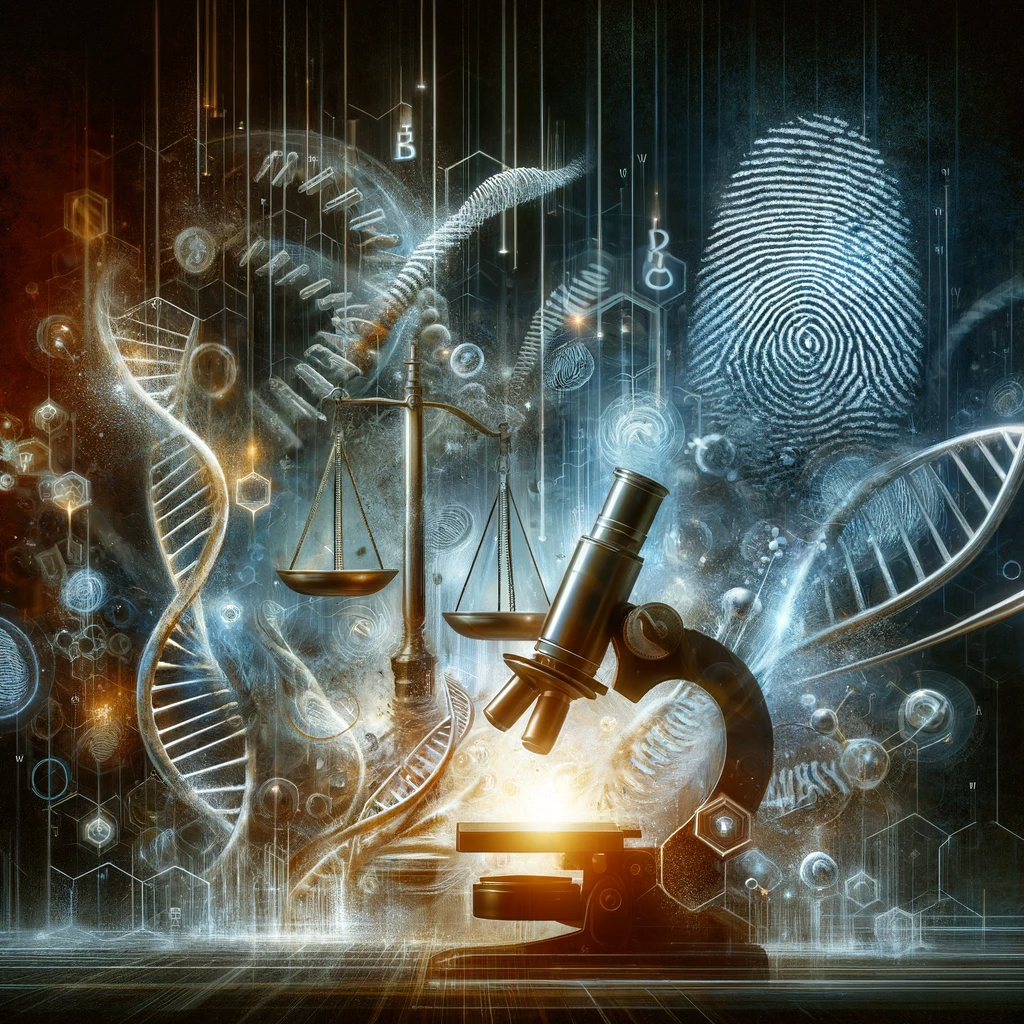Picture this: In a dimly lit lab, a forensic scientist peers through a microscope. With a few clicks, a match is found – the key piece of evidence that solves an otherwise unsolvable crime. In moments, the criminal is caught, thanks to the near-superhuman skills of the forensic expert. This is a typical scene from shows like CSI, where science swiftly and infallibly cracks the case. But how does this portrayal match up with real-world forensic science?
Unraveling the 2009 NAS Report’s Findings
Let’s shift from TV fiction to scientific fact, beginning with the influential 2009 National Academy of Sciences (NAS) report. This pivotal document, titled “Strengthening Forensic Science in the United States: A Path Forward,” painted a very different picture. It revealed that many forensic methods, often depicted as foolproof on TV, lack the rigorous scientific underpinning necessary for absolute certainty.
1. The Reality of Forensic Fallibility
Unlike the flawless success rates in crime shows, real-world forensic science is not always reliable. Techniques like fingerprint and bite mark analysis, often shown as conclusive, have been questioned for their scientific validity. This is a crucial point I stress in court, ensuring that the evidence against my clients is scrutinized thoroughly.
2. The Human Element in Forensics
The NAS report also highlighted the subjectivity inherent in forensic analysis. Different experts can interpret the same evidence in varying ways, which is a far cry from the definitive conclusions drawn in TV labs. This subjectivity is a critical aspect of the defense strategies I develop for my clients.
3. The Forensic Lab: Not Always a High-Tech Haven
Contrary to their high-tech, error-free portrayal, real forensic labs can be plagued by issues like underfunding and biases, potentially affecting the integrity of their findings. Part of my role is to delve into these potential inconsistencies, ensuring that any evidence presented is as reliable as it is claimed to be.
4. The Courtroom Challenge: Forensic Testimony
Expert testimonies in courtrooms often carry a weight of certainty that may not be fully backed by the science itself. It’s my responsibility to challenge overstated claims and ensure that the jury receives a clear and accurate picture of what forensic evidence can – and cannot – conclusively prove.
What This Means for You
If you find yourself navigating the complex waters of a criminal case, understanding the real-world limitations of forensic science is crucial. The gap between TV drama and courtroom reality can significantly impact your case.
Take Action: Your Defense Matters
Forensic science is a valuable tool, but it’s not a magic wand. It requires careful, knowledgeable interpretation, especially in legal scenarios. If you or someone you know is facing criminal charges, it’s important to have a defense that thoroughly understands and can articulate these nuances.
Contact me for a detailed consultation. Together, we can explore your case with the depth and expertise it demands, making sure every piece of evidence, especially forensic, is examined with the highest level of scrutiny. Your defense deserves no less.

